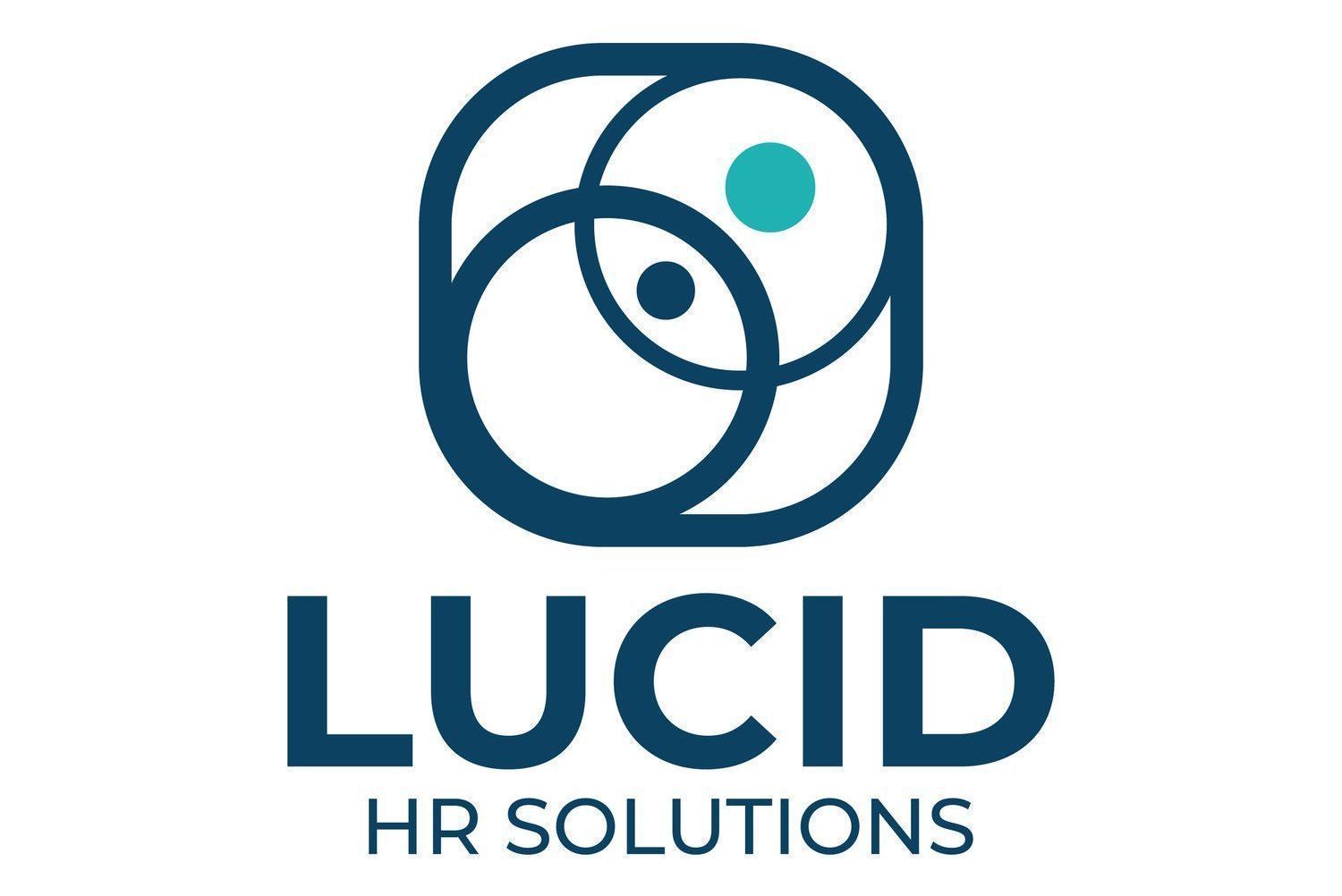The Documentation Gap: Why Your Managers Struggle With Performance Conversations
Why Your Managers Struggle With Performance Conversations
When was the last time your managers were truly trained on how to document employee performance?
We don’t mean a quick reminder in a team meeting or a bullet point in a handbook that says, “Keep notes just in case.”
We’re talking about real, practical training—on what to document, how to write it clearly, when to do it, and why it matters.
Because here’s what we see all the time:
- Managers giving verbal feedback but never writing it down
- Notes that are vague, inconsistent, or missing entirely
- HR getting pulled in after an issue has escalated—with little to no context or documentation to work from
By the time it reaches that point, it’s much harder to support anyone involved—whether it’s the manager trying to take action, the employee needing support, or HR trying to navigate next steps.
Here’s the thing:
Good documentation isn’t about building a paper trail or “covering yourself.” It’s about creating clarity.
When done well, documentation becomes a tool to:
- Support meaningful coaching conversations
- Set clear expectations
- Track progress over time
- And yes, navigate tough decisions more confidently if things don’t improve
But none of that happens if your managers haven’t been shown how to do it. Too often, managers are promoted for being great individual contributors—not because they were trained to lead people. And one of the first things to fall through the cracks is performance documentation.
And let’s be honest—documenting performance can feel awkward, overly formal, or unnecessary… until it’s absolutely critical. At that point, it’s no longer just about the employee—it’s about protecting the business, too.
So what’s the fix?
It’s not more policies. It’s more support.
Managers need simple, practical guidance:
- What to write (and what not to write)
- How to keep records without sounding robotic or impersonal
- When to escalate and how to loop in HR
- And most importantly, how documentation supports—not replaces—real conversations
At Lucid HR, we help bridge that gap.
We work with teams to train managers on how to document performance in a way that feels clear, consistent, and manageable. Because the truth is, documentation isn’t just helpful later—it’s how you lead better now.
If your team could use support in this area, let’s talk.
Training your managers to document performance the right way isn’t just good HR—it’s good leadership.









